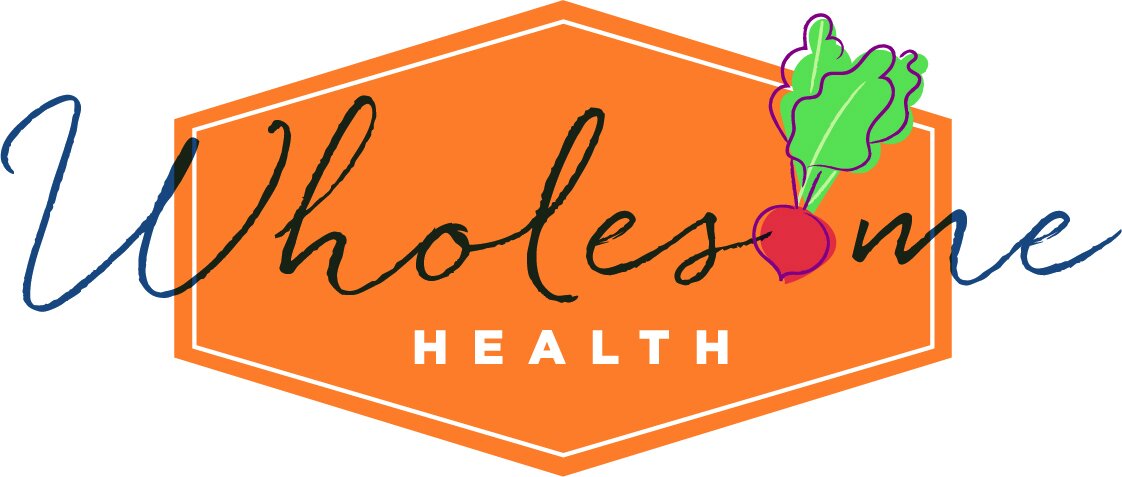Healthy Pregnancy Eating
Are you wondering what to eat at various stages of your pregnancy? Then you’ve come to the right place! Knowing what foods are healthy to eat during pregnancy and how many calories you need each day can be confusing. In today’s post, I’ll share recommendations for calories, macronutrients, vitamins, and minerals during pregnancy. I’ll also give you an idea of what a sample day of healthy eating looks like!
Calories
You’ve likely heard the phrase “eating for two” while pregnant. Though you do need more calories, it may be less than what you think; you actually don’t need any additional calories in the first trimester because your baby is still so tiny. According to The American College of Obstetricians and Gynecologists, women need an additional 340 calories per day starting in the second trimester. Calorie needs in the third trimester are a bit higher than this at about 450 additional calories per day.
Women pregnant with multiples need an extra 300 calories per baby per day from the second trimester on; therefore, being pregnant with twins requires an additional 600 calories per day, and being pregnant with triplets means you need 900 more calories per day.
Macronutrients
Overall, a healthy diet during pregnancy should be well-balanced. Macronutrient is the fancy term for carbohydrates, protein, and fat. All three are essential for a healthy pregnancy. If you were following a specific diet before becoming pregnant, such as a low-carb or keto diet, you may need to make some adjustments to make sure you and your baby are getting what you need.
Carbohydrates
The Institute of Medicine recommends a minimum intake of 175 grams of carbohydrates per day during pregnancy. Sources of healthy carbohydrates, such as whole grain bread, lentils, beans, oatmeal, sweet potatoes, fruit, milk, and plain yogurt provide many important nutrients, including fiber and B vitamins. Fiber is important for preventing constipation and regulating blood sugar levels, while B vitamins are necessary for preventing birth defects, such as neural tube defects.
Protein
Most non-pregnant women get plenty of protein on a daily basis, even when consuming a vegetarian diet. However, some women experience aversions to meats, eggs, or other higher-protein foods during pregnancy, making reaching the daily recommendations challenging. The Institute of Medicine recommends a daily intake of 71 grams of protein. Protein helps with a baby’s growth and development, so getting enough is very important. Good sources include chicken, beef, fish, eggs, cheese, peanut butter, nuts, seeds, tofu, lentils, and beans.
Fat
Fat shouldn’t be avoided in pregnancy. Fats help our bodies absorb vitamins and minerals to ensure both mom and baby are getting what they need. Recommendations for fat intake during pregnancy are the same for non-pregnant women, though because calorie recommendations increase slightly, amounts of fat in the diet may also increase. The Dietary Guidelines for Americans recommend limiting fat to 20-35% of total daily calories, as well as limiting saturated fat intake to no more than 10% of total daily calories. Try choosing mostly plant-based fats, such as olive or avocado oil, avocados, nuts, seeds, and natural nut or seed butter. Fatty fish such as salmon, tuna, trout, and sardines are also important to include in your pregnancy diet as they provide good healthy fats for your baby’s developing brain.
Vitamins and minerals
It is recommended for most pregnant women to take prenatal vitamins. There are several different kinds out there, so talk with a registered dietitian if you’re unsure which one is right for you. The body has an increased need for certain vitamins and minerals during pregnancy; the chart below outlines the nutrient requirements for each as well as good food sources. It’s always best to get most of your nutrition from actual foods; the prenatal vitamin is just to ensure you aren’t missing out on anything important.
| Nutrient Requirement in pregnancy | Food sources |
|---|---|
| Calcium: 1,300 mg | Dairy products (yogurt, milk, cheese), dark green leafy vegetables, sardines |
| Iron: 27 mg | Beef, chicken, fish, beans, fortified grains, dark green leafy vegetables |
| Iodine: 220 mcg | Iodized table salt, seafood |
| Choline: 450 mg | Eggs, milk, peanuts |
| Vitamin A: 770 mcg | Carrots, sweet potatoes, dark green leafy vegetables |
| Vitamin D: 600 IU | Sunlight, fortified milk, fatty fish |
| Vitamin B6: 1.9 mg | Beef, pork, whole grains, bananas |
| Vitamin B12: 2.6 mcg | Beef, poultry, fish, milk |
| Folic acid: 600 mcg | Fortified grains, peanuts, dark green leafy vegetables, beans |
Sample day
Wondering what an extra 340 calories per day looks like? Most women need 1,800-2,000 calories per day before becoming pregnant, so here is a sample day with about 2,300 calories:
Breakfast (550 calories): 2 eggs scrambled in olive oil + 1/4 avocado mashed on 1 slice of whole grain bread + 8 oz 2% milk
Snack (240 calories): 1/4 cup almonds + 4 whole grain crackers
Lunch (540 calories): 1 cup cooked wild rice + 3 oz grilled chicken breast + 1 cup steamed broccoli + 1 oz shredded cheese + 1 cup strawberries
Snack (200 calories): apple + 1 tbsp peanut butter
Dinner (560 calories): 4 oz baked salmon + 1 cup red potatoes roasted in avocado oil + mixed greens salad with olive oil dressing
Snack (200 calories): 1/2 cup plain Greek yogurt + 2 tbsp dark chocolate chips + 1 tsp maple syrup
Splitting your day up into several smaller meals and snacks like this can help to prevent some of the common pregnancy-related issues, such as heartburn and increased gas and bloating.
Remember that you share what you eat with your baby during pregnancy, so make sure to eat a well-balanced diet. But this doesn’t mean there isn’t also room for occasional treats! Taking a prenatal vitamin along with eating a balanced diet will help ensure that you and your baby get the best nutrition possible.




